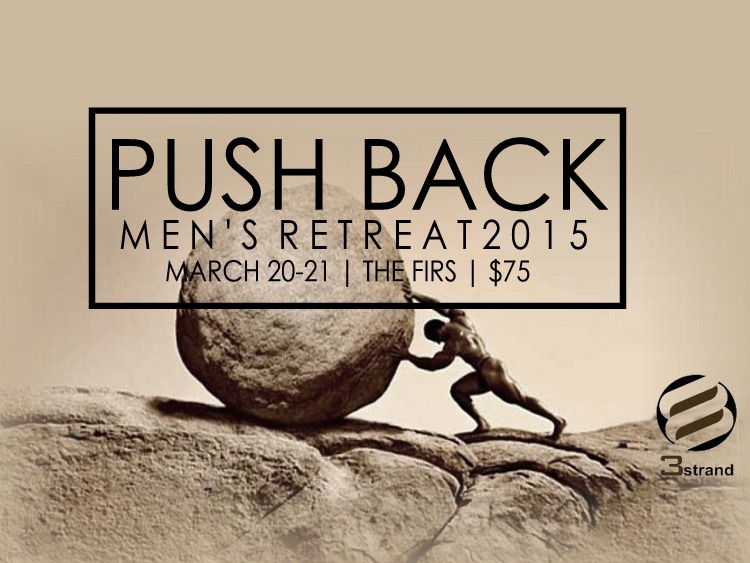I recently began teaching a marriage class ONLINE. I have found that there is a real learning curve with this experience. Teaching to a computer full of faces is not the same as teaching to actual people face to face. Not only is the technology temperamental, I find that I experience more anxiety and discombobulation than normal. Moreover, I have taught this marriage material before, countless times. But, as I have grown and changed, I find the heart of what I want to teach changing as well. As I get older I am learning what is truly of primary importance and what is probably not-at least today. Desiring to modify what I have taught has resulted in doing something akin to “building a plane in the sky.” I am sure everyone is confused.
The book I am teaching from provides solid biblical truth about what marriage is and how marriage is designed to function by God. In the past, I have been resigned to deliver this truth to  couples and encourage them to live it out as husbands and wives. It’s basically a DO THIS and DON’T DO THIS kind of thing with a few personal anecdotes sprinkled in. And while this kind of Scripture-rich teaching is helpful, I am learning it might insufficient in preparing couples for the fullness of intimacy in their marriage. To even hint that Scripture might be “insufficient” to prepare couples for marriage is anathema in the world of Biblical Counseling. I have dipped my toe in this world over the last few years, and I appreciate the work they do. One definition of Biblical Counseling is: the process where the Bible, God’s Word, is related individually to a person or persons who are struggling under the weight of personal sin and/or the difficulties with suffering, so that he or she might genuinely change in the inner person to be pleasing to God. Essentially, Biblical Counseling is a form of discipleship whereby the Word of God is carefully applied to the problems of life. At its best, I have seen Biblical Counselors offer real help to real people with real problems. At its worst, I’ve seen some Biblical Counselors ignore the wisdom of Proverbs 20.5 and, instead of seek understanding, offer a quick-fix verse or theological instruction. At these times it can feel no different than telling someone to STOP IT with a spiritual twist.
couples and encourage them to live it out as husbands and wives. It’s basically a DO THIS and DON’T DO THIS kind of thing with a few personal anecdotes sprinkled in. And while this kind of Scripture-rich teaching is helpful, I am learning it might insufficient in preparing couples for the fullness of intimacy in their marriage. To even hint that Scripture might be “insufficient” to prepare couples for marriage is anathema in the world of Biblical Counseling. I have dipped my toe in this world over the last few years, and I appreciate the work they do. One definition of Biblical Counseling is: the process where the Bible, God’s Word, is related individually to a person or persons who are struggling under the weight of personal sin and/or the difficulties with suffering, so that he or she might genuinely change in the inner person to be pleasing to God. Essentially, Biblical Counseling is a form of discipleship whereby the Word of God is carefully applied to the problems of life. At its best, I have seen Biblical Counselors offer real help to real people with real problems. At its worst, I’ve seen some Biblical Counselors ignore the wisdom of Proverbs 20.5 and, instead of seek understanding, offer a quick-fix verse or theological instruction. At these times it can feel no different than telling someone to STOP IT with a spiritual twist.
When we examine how Jesus “counseled” or engaged with different people, we don’t often find him beginning with Scripture. When he engages with the woman at the well in John 4, we see Jesus engaging in a conversation about water, about life, and eventually about worship. I do not intend on doing a full examination of this passage. I only bring it up to suggest that it’s possible we might need more than a verse…but not less. By that I simply mean that, we need to understand the lies that we have believed before we can receive the truth we should believe. Consider what Paul wrote in Romans 7.21-25:
21 So I find it to be a law that when I want to do right, evil lies close at hand. 22 For I delight in the law of God, in my inner being, 23 but I see in my members another law waging war against the law of my mind and making me captive to the law of sin that dwells in my members. 24 Wretched man that I am! Who will deliver me from this body of death? 25 Thanks be to God through Jesus Christ our Lord! So then, I myself serve the law of God with my mind, but with my flesh I serve the law of sin. Romans 7.21-25
As I am working through my own story, this passage has taken on new meaning for me. Paul gives us a glimpse to what is going on in his heart, mind, and body. Basically he says that he knows what the right thing is to do in his mind, but his body wages war against what he knows his true. Personally, I liken to this to those moments when I know the right thing to say, think, or do, but for some reason my natural reactions go against all of that. Often times, this is so natural that I am blind to these reactions or responses. Of course, neither my wife nor mychildren are because this is how they have experienced me. We aren’t necessarily talking about sinful behavior, as much as are talking about behavior shaped by sin; behavior that falls short of God’s design as revealed in his Word.
If I am going to respond by choosing to believe and live according to what is true, I must first explore WHY those natural reactions exist. All that to say, before I can change and live according to truth, I must do the work of understanding what lies I have believed and lived by, possibly since childhood. As counselors often say, you have to “name it before you can tame it.” Left untamed, whatever we are believing in our heart will always govern whatever we are thinking in our minds. But when we are able to identify the lies that we HAVE believed, then and only then, we will able to set our minds on the truths we MUST believe. Without this kind of understanding a verse, while true and sufficient for every good work, may not be sufficient for the particular work that needs to be done.
What does this have to do with a class on marriage? Everything. I know that I can teach a great class on the purpose of marriage, roles in marriage, communication in marriage, etc. But, until these couples understand their own story and one another’s story as man and woman–that which has shaped who they are–they can never truly understand their shared story as husband and wife. They might know what they OUGHT do, but they will likely only experience frustration if, or when, they are unable to do it. If we are not careful, every marriage class or teaching can turn into a HOW TO. There is nothing inherently wrong with HOW TO, this kind of instruction is helpful for sanctification. I am not sure any of this makes sense. At the core, I simply suggesting that true change in relationships will require more than more information, even biblical information. It will require curiosity about oneself and connection with others who are equally curious.





